Work-Life Balance Hacks From Our Fave Overachievers
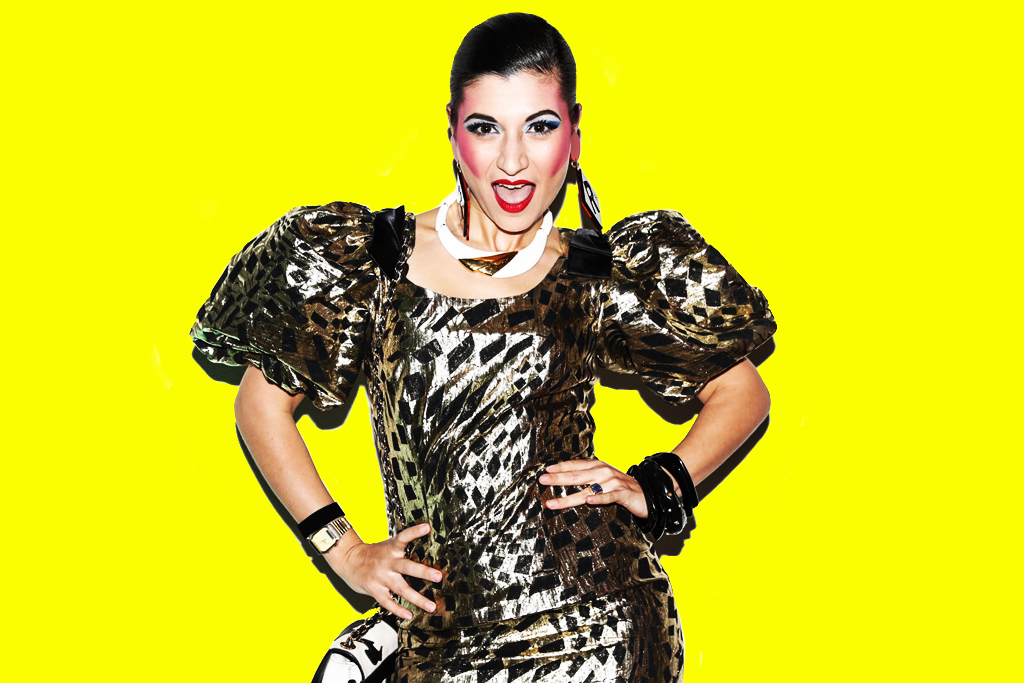
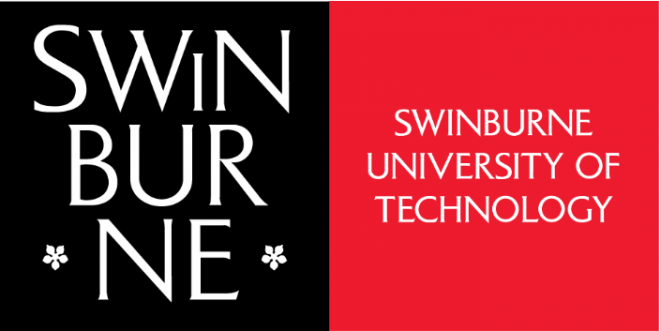
We know what career ready looks like.
We know what you’re thinking. Asking for work-life balance tips from overachievers is like asking a dolphin for advice on refining your running style. What do successful people know about chilling?
But even super humans need to unwind now and then to keep going. With that in mind, we spoke to some local heroes about how to stay grounded while taking over the world with your work.
Celebrate The Wins
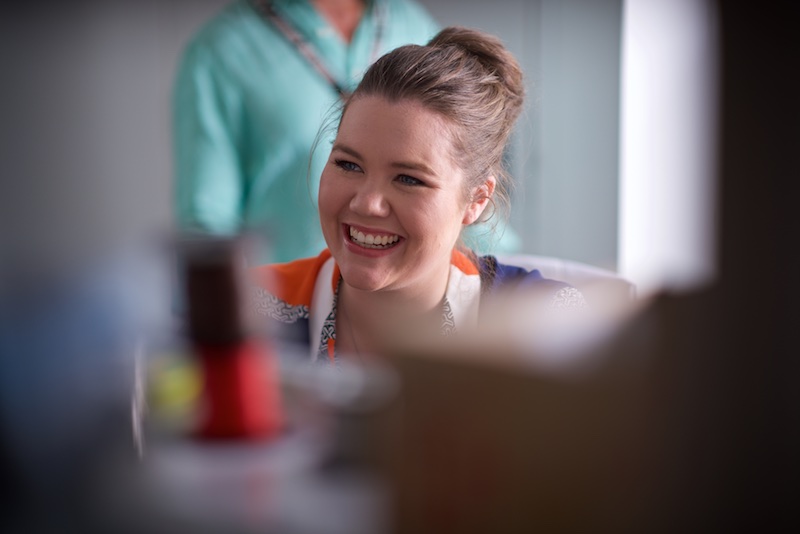
Photo: Jacqui Savage/Supplied
You know how it goes. You sacrifice evenings, weekends, lovers and livers to reach that misty pinnacle, and once you’ve hit it you plummet. Momentum over. Enter burn-out.
“Everyone says, ‘I thought reaching that goal would feel better than it does,’” points out product design engineer and MedCorp Technologies founder Jacqui Savage. “Well, I ask, did you bloody celebrate it?”
The Swinburne graduate has already won a bunch of accolades for her innovation in wearable remote healthcare, which she began developing after losing a close friend to cancer. Having successfully demonstrated the device’s efficacy last year, she’s ready to celebrate.
“I never [used to do] that. I drove myself into burn-out mode completely: I never stopped; I never reflected. [But] if you don’t celebrate your goal, you don’t know you’ve hit it. A beer after work is not enough.”
Destroy Monotony
When he’s not unpicking the secrets of the universe, Swinburne astrophysicist Alan Duffy is trying to explain them. But instead of feeling drained after juggling mind-bending research with podcasts, television spots and public appearances – not to mention his work on the southern hemisphere’s first dark matter detector – Alan says the unpredictability of each day keeps him energised.
“Because each activity is different I don’t feel exhausted. The worse thing you can do is to stay focused on only one problem day in and day out,” says Alan, or as we like to call him, Australia’s answer to Doctor Who.
Bring in the side projects. While Jacqui says she tried the usual stuff – yoga, meditation and exercise – as a way to replenish mental energy, for her it wasn’t enough.
“Exercise didn’t give me my mojo back. One of my core passions is design. [As director of MedCorp], I stopped doing the one thing that made me creative and made our product successful in the first place.”
After struggling to find a present for her nephew, she decided to create one herself. Enter Mioplay: a 100 percent timber activity gym for babies, now available in stores.
“Everyone thought I was crazy creating a side product, but [for me it was] something I could just zone out to.
“It’s my yoga,” she adds. “My business yoga.”
Learn To Say No
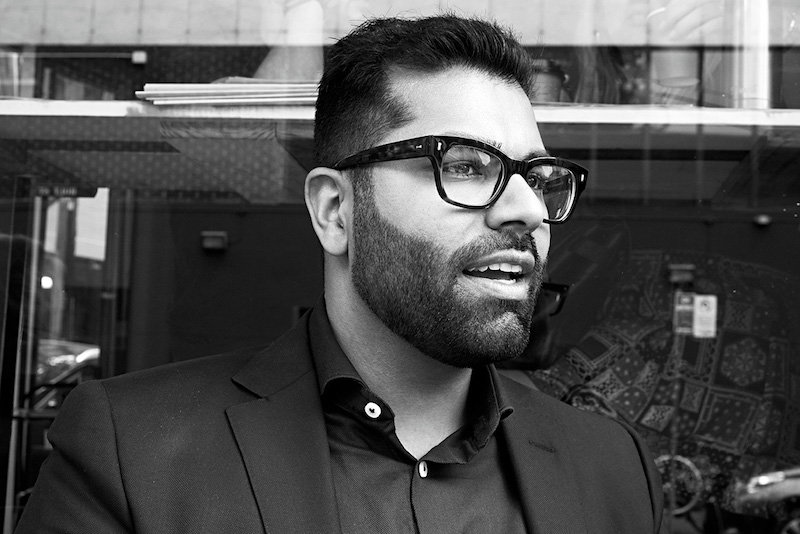
Photo: Tarang Chawla/Supplied
That said, taking on too much is a good way to watch your efforts crumble.
Advocate against men’s violence and Young Australian of the Year Finalist Tarang Chawla says knowing what opportunities to commit to is crucial, as well as knowing when to let go.
“There was a period where I was simply taking on an unsustainable amount of work,” he says. “I’ve had to become more selective about where I can channel my efforts now.”
Enjoy The Ride
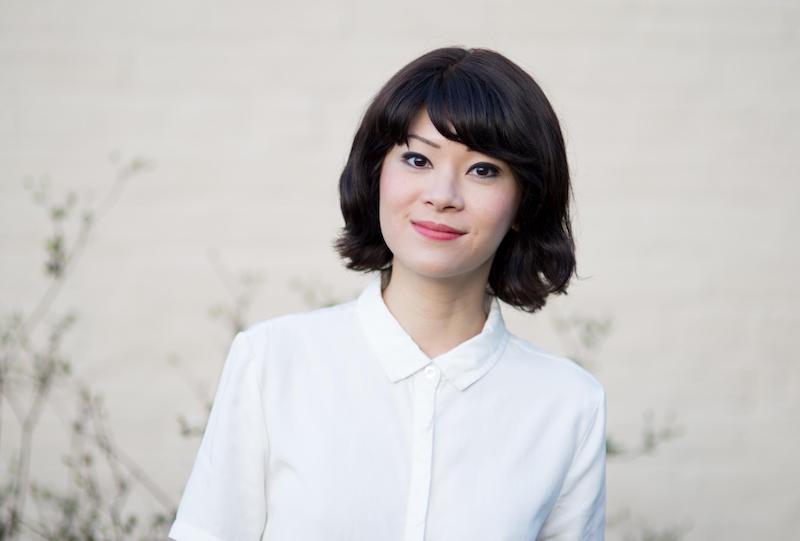
Photo: Michelle Law/ Shot by Tammy Law
After crashing and burning with each goal ticked, screenwriter Michelle Law says she’s finally learnt to “appreciate the moment as opposed to the outcome”.
“It took a really long time, especially when I’ve been stressed out to the point where I’m not enjoying work. I have to remind myself I’m really lucky to be doing what I’m doing, and that it should be a pleasure working with the people I’m working with.”
Kick Goals Physically As Well As Mentally
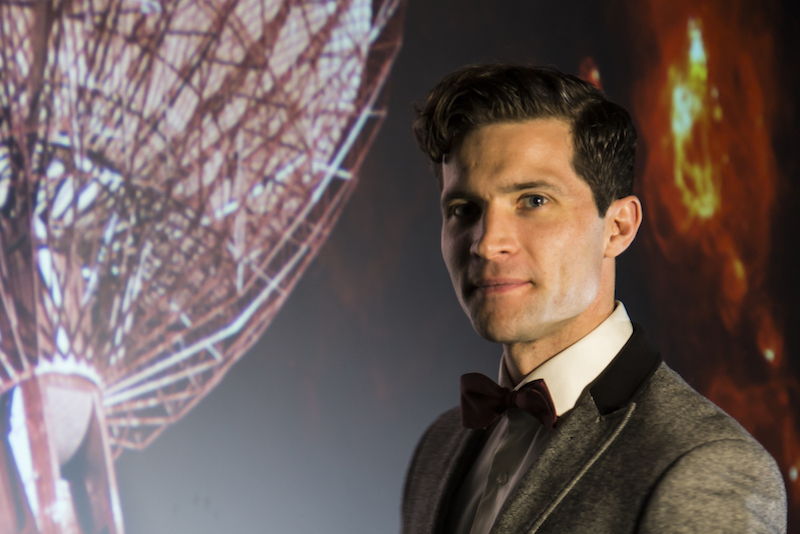
Photo: Alan Duffy/Supplied
And you can forget the myth of the “weedy geek”, says Alan. Contrary to American rom-coms, the best brains are supported by even better bods.
“Almost all top-flight academics I know are committed athletes.”
For Alan, physical exercise – ranging from rugby and gym work to jogging – has been a constant throughout his career.
“Your ability to concentrate depends on your physical health. Physical exercise gives your mind the chance to do whatever it needs to do.”
Alan compares the tactic to the athletic idea of being in ‘flow’, where “you’re feeling the work and time just flies”.
“If there’s anything I’d recommend it’s you give yourself the time to get into that ‘flow’ and explore these mental worlds.”
Work Smarter, Not Harder
After nine years slogging it out in the creative industries, pop art fashionista Stavroula Adameitis AKA Frida Las Vegas says she found out the hard way “there’s no award for who can work the most days without a lunch break”.
“I now believe it’s more sustainable to work hard and smart,” she says.
Stavroula suggests setting up an email auto-reply with contact hours as one way to “reclaim and re-structure our sense of time”.
“Who knows what moment of clarity you might experience without being constantly assaulted by phone notifications?”
Find Your People
For Tarang, who says there are “wounds in [his] psyche” after the murder of his 23-year-old sister Nikita, achieving anything requires taking care of himself mentally.
“Your mental health is so vitally important because without nurturing that, it’s harder to do what you want to do for others to create change.”
As someone living with anxiety, depression and PTSD, surrounding himself with family and loved ones has been essential to staying grounded.
“Ensure that you have a solid support network around you who you trust and can depend on.”
Step Away From The Screen
For many, work is synonymous with screentime. Stepping back is easier said than done, but it’s also crucial for balance and restoring creativity.
Stavroula thinks of this not so much as a challenge, but a political act.
“During those rare moments when I don’t physically need to be looking at a screen – but do so out of habit – I’ve recently taken to a fabulous form of protest against the digital world. It’s called reading a book and it’s glorious!”
Remember What You’re Fighting For
As Alain de Botton rather bluntly points out: “There is no such thing as work-life balance. Everything worth fighting for unbalances your life.” That said, remembering the thing you’re fighting for requires stepping back at times.
“Whenever I hear about someone who is now safe and thanks me for my work, I’m deeply humbled and glad to be making a difference,” says Tarang. “It’s not just another job for me.”
_
Feature image: Stavroula Adameitis/Supplied
_
Want to nail the work part of your work-life balance? Swinburne University of Technology is now accepting a mid-year intake so you can start your course now and kick your career goals sooner. Now that’s a reason to say MID-YEAH! Find out more here.